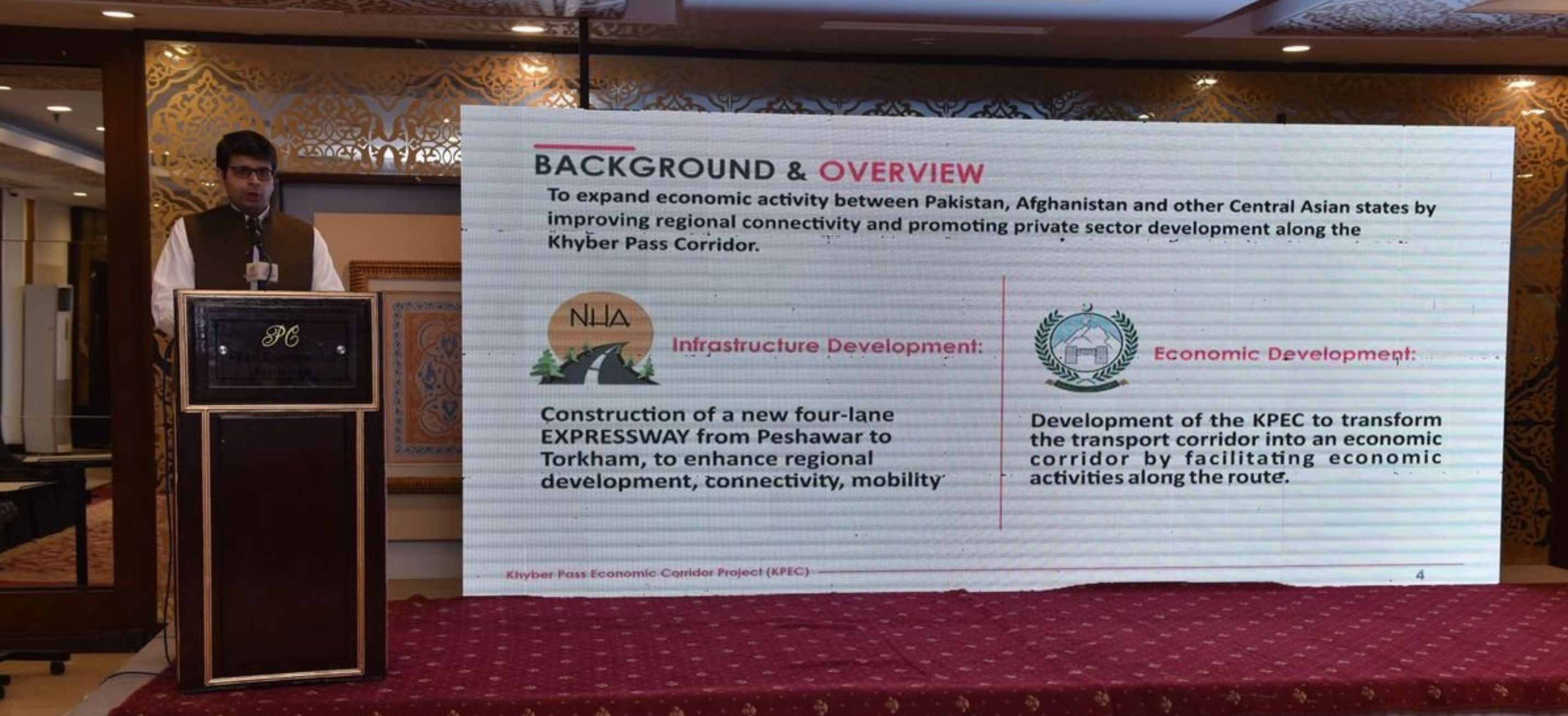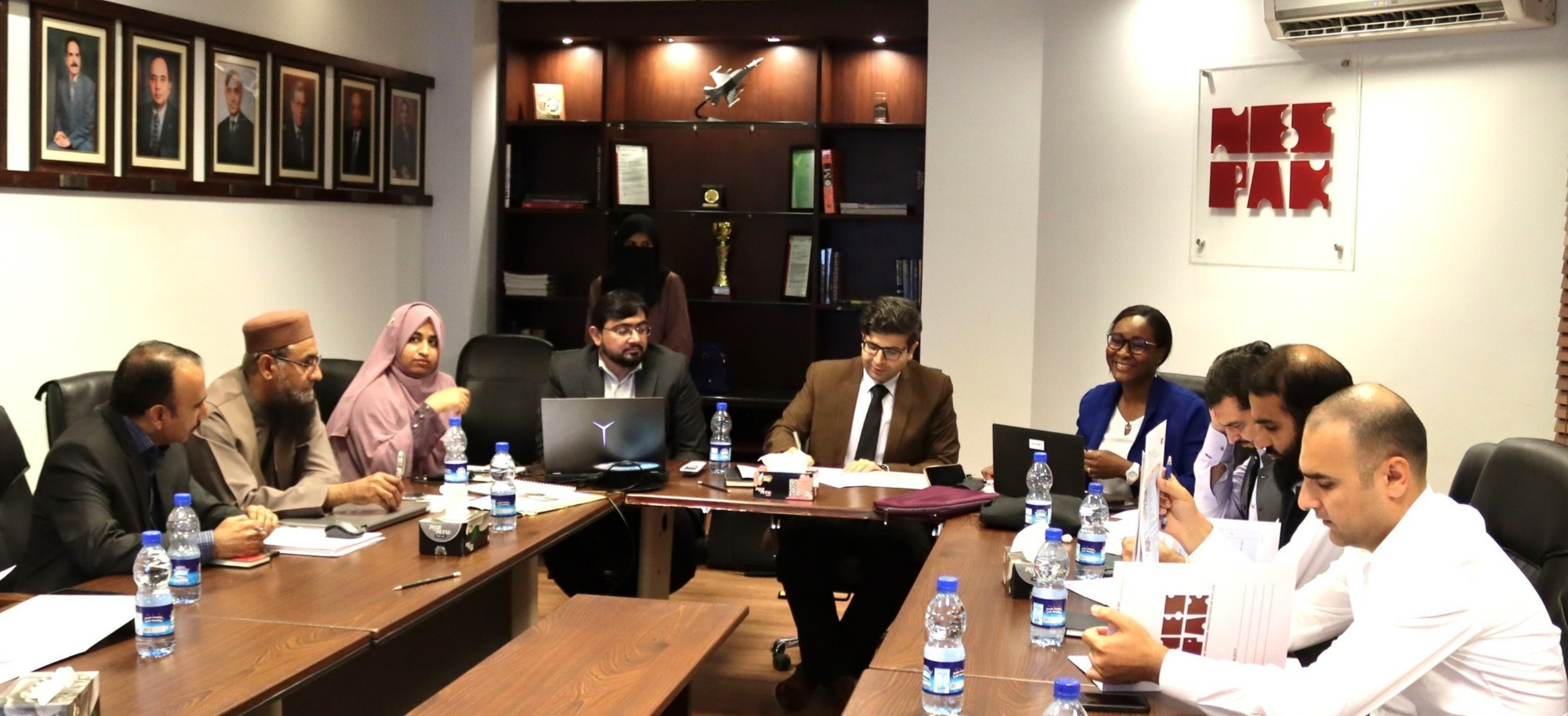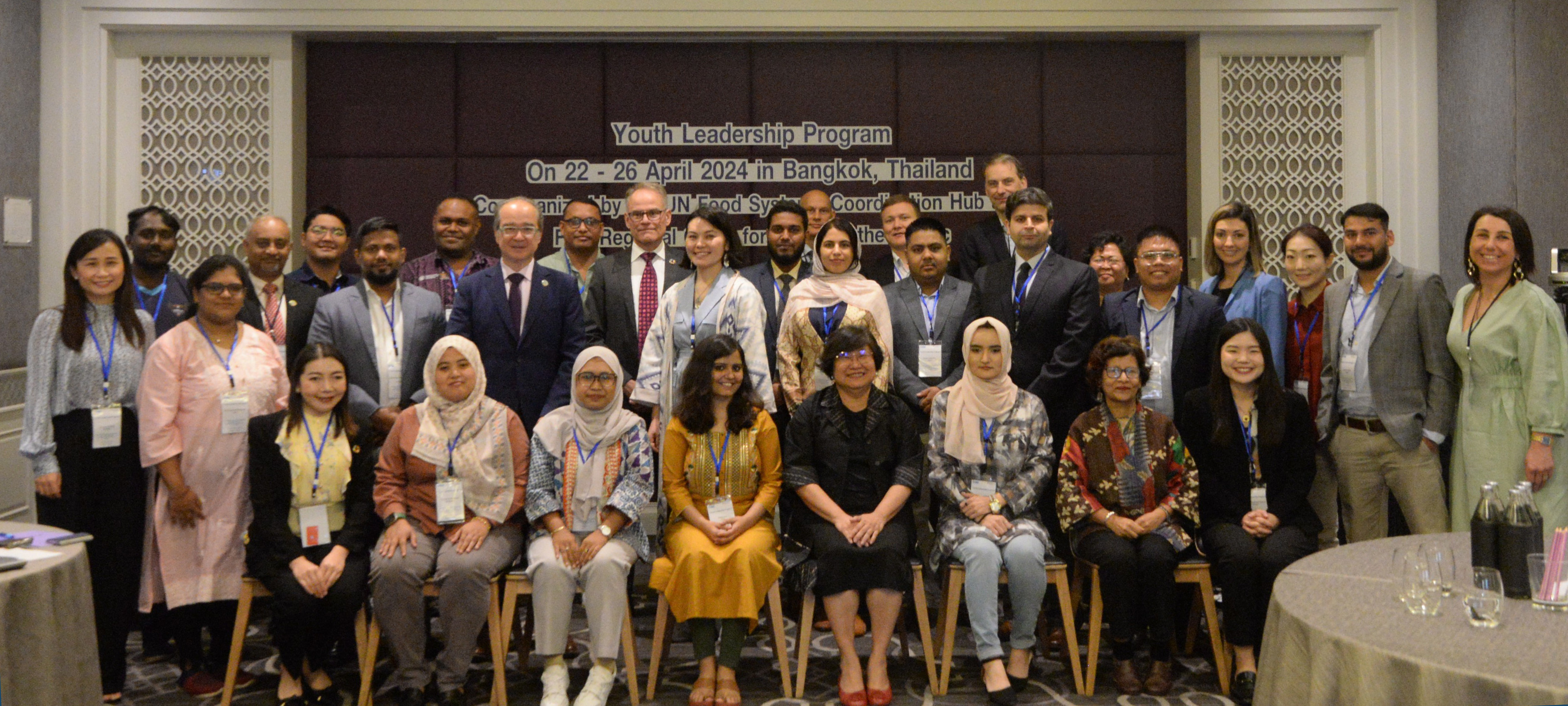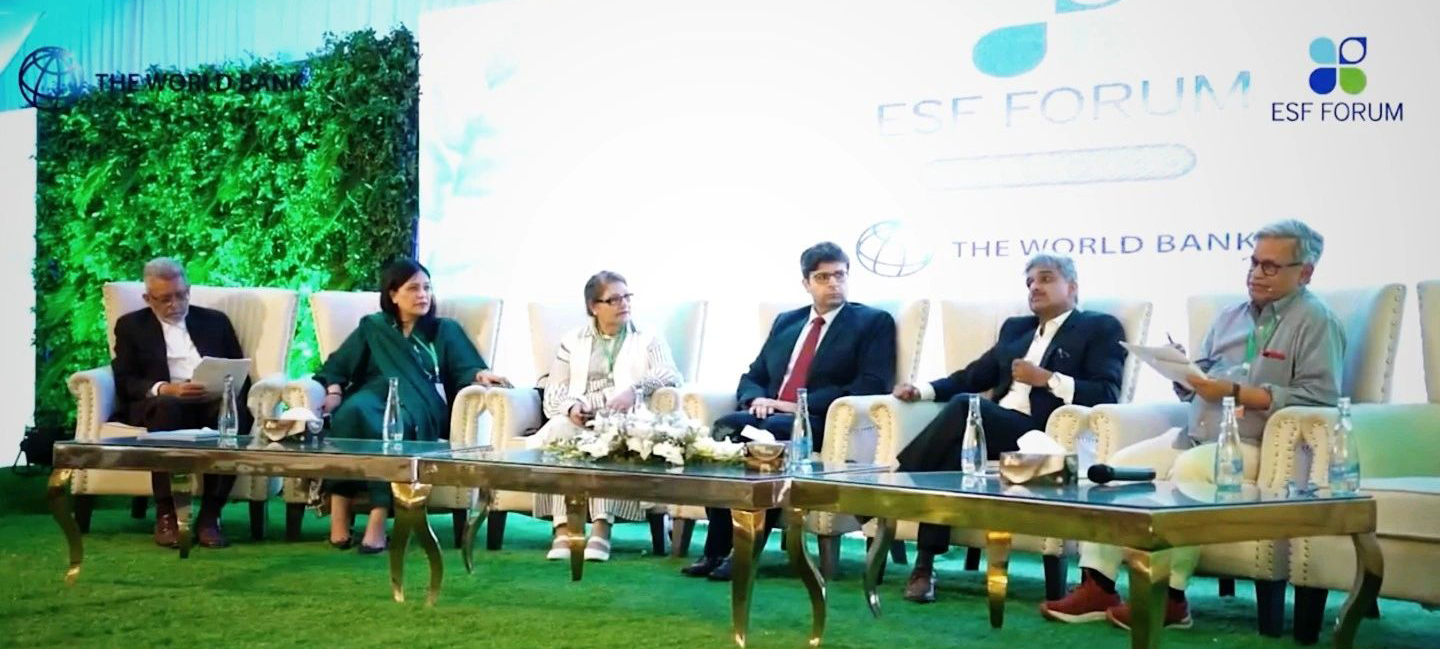SEED FUNDING JOINT PROGRAMMES
Egypt
Strengthening Sustainable and Resilient Food and Nutrition Systems in Egypt for SDG Acceleration




PROJECT TITLE | Strengthening Sustainable and Resilient Food and Nutrition Systems in Egypt for SDG Acceleration |
| Context | Egypt engaged actively in the 2021 Food Systems Summit process, convening a national dialogue and developing national pathways with recommended interventions for improving food security and nutrition by 2030. To enhance multi-sectorial coordination and spearhead the transformation process, the Government created a National Committee for Food and Nutrition Systems chaired by the Prime Minister and bringing together several ministries to coordinate joint actions. Strengthening coordination mechanisms, fostering multi-stakeholder partnerships, consolidating accountability structures, focusing on the availability of evidence, analysis, and data, are identified as key priorities to strengthen the food systems governance structure in Egypt. |
| PUNOs | WFP, FAO, UNICEF |
| Contribution to SDGs | SDG 2 Zero Hunger, SDG 3 Good Health and Well-being, 12 Responsible Consumption and Production. |
| Contribution to other SDG transitions | Climate, biodiversity, pollution |
| Duration | June 2024 – May 2025 |
| Expected financial leverage | $87,000 (PUNO co-financing) |
| Alignment with SG Call to Action | Policy integration; Food systems governance; Research, data, technology and innovation; Inclusive and participatory design; Private sector engagement |
| Outcomes | The JP contributes to strengthening policy and governance frameworks for food systems transformation and generating evidence and analysis on key dimensions of food systems to inform decision-making, supporting the work of the National Committee for Food and Nutrition Systems. The JP complements the government’s flagship program “Country Platform for the Nexus of Water, Food and Energy”, which provides a mechanism to mobilize climate finance and private investments. |
| Partners |
|
| Outputs |
|
From Highways to Hope: Advancing Resilience in Pakistan

Imran presents the Khyber Pass Economic Corridor Project at a Multinational Regional Cooperation Workshop.
Imran Zahoor, a development professional from Pakistan, has devoted his career to creating opportunities in the country's most underserved regions. With a master's degree in management and a background in engineering, he has spearheaded large-scale infrastructure projects designed to uplift communities and drive progress where it is needed most.
Currently, Imran serves as the Project Director for the Khyber Pass Economic Corridor, a $500 million expressway funded by the World Bank and the Government of Pakistan. Designed to connect Pakistan and Afghanistan, the project aims to strengthen economic ties, foster peace, and spur regional development. Yet, for Imran, building infrastructure is only part of the story – his work is deeply rooted in empowering communities, transforming food systems, and building resilience and equity.
Integrating food systems into development
Imran's focus on food systems began during his tenure working with the World Food Programme while serving as the government's Deputy Director of Projects. During this time, he saw how infrastructure projects could disrupt local food systems and livelihoods. "These challenges revealed the need for a transformative approach," he explained, "one that integrates sustainability, resilience, and equity at every stage of development."
This realization shaped Imran's commitment to embedding food systems principles into development planning. In his current role, he integrates these principles into safeguard measures like Resettlement Action Plans (RAPs) and Livelihood Restoration Plans (LRPs). These plans prioritize food security, sustainable agricultural practices, and market access for communities affected by infrastructure projects.
From developing farm-to-market roads to providing mechanized farming equipment and launching livelihood restoration initiatives like beekeeping programs, Imran's efforts ensure that displaced communities not only recover but thrive. His approach transforms challenges into opportunities for long-term growth and resilience.
Empowering communities through collaboration
Community engagement lies at the heart of Imran's work. He collaborates closely with farmers, food producers, NGOs, and government agencies to ensure that safeguard plans reflect the realities on the ground. "Communication and a win-win mindset are key," he said. "These consultations empower communities by incorporating their voices into decision-making processes and helping them adapt to future challenges."
One of his proudest achievements is an inclusive business park initiative under the Khyber Pass Economic Corridor. The park provides skill development and entrepreneurial opportunities to marginalized groups, including women, transgender individuals, and persons with disabilities. Among its success stories is a female beekeeper who transformed her small honey production venture into a thriving business, earning national recognition at a trade expo.

Imran leads a stakeholder meeting on transregional impact of the Khyber Pass Economic Corridor.
Lessons from the Youth Leadership Programme
Imran credits the Youth Leadership Programme (YLP), supported by the German Federal Ministry for Economic Cooperation and Development, with refining his approach to food systems transformation. "When I joined YLP, my project was in the early stages of developing social, environmental, and resettlement plans. The program profoundly influenced how I thought about and designed these frameworks," he said.
YLP also strengthened his ability to communicate complex ideas to diverse audiences. A key lesson he took from the program was the emphasis on biodiversity, inspiring him to address broader environmental impacts, such as habitat disruption and migratory patterns when designing safeguards. "YLP gave me the tools to rethink how we approach these challenges," he said.

Imran at the YLP workshop for youth in Asia and the Pacific (Bangkok, Thailand).
A vision for sustainable development
Imran's work has transformed local communities and elevated the conversation on sustainable development in high-level forums, like the World Bank's Environmental and Social Framework (ESF) Forum. By integrating food systems into infrastructure projects, he has demonstrated their tangible benefits and opened pathways for collaboration and innovation.

Imran speaks about World Bank's Food Systems, Jobs, and Growth initiative during the ESF Forum.
Looking ahead, Imran sees vast potential for harmonizing infrastructure investments with community-driven solutions. "The biggest opportunities lie in embedding food systems transformation into national and regional planning frameworks," he said. "This approach can reduce food insecurity, improve livelihoods, and build long-term resilience."
His advice to other young leaders? "Understand the unique challenges in your local context. Build partnerships, listen to community voices, and stay committed to innovation and inclusivity. Sustainable transformation is a collective effort."
Imran's work shows how thoughtful development can create a lasting impact for communities, turning challenges into opportunities for growth.
